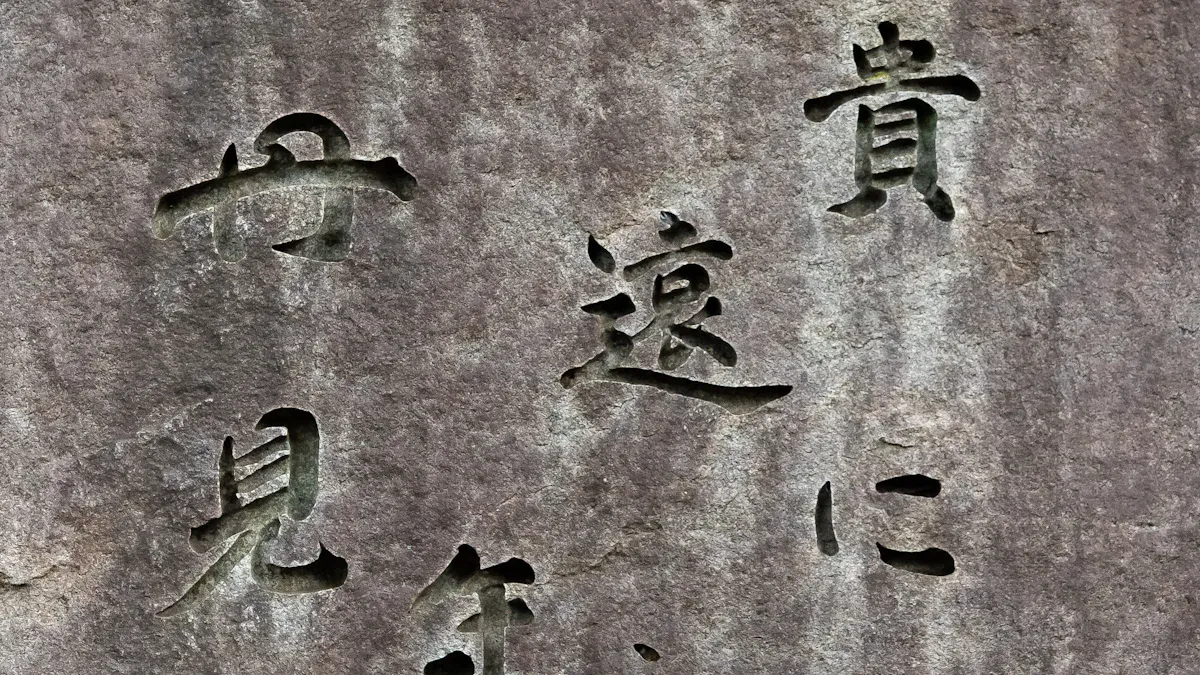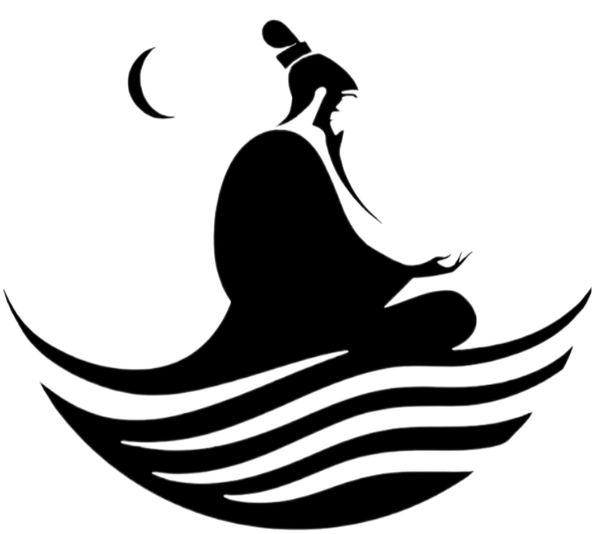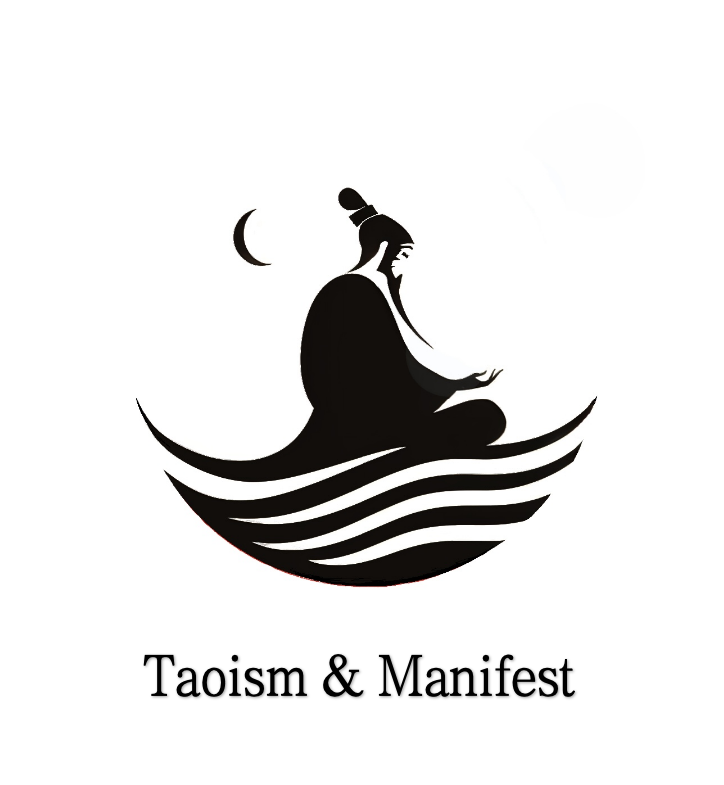
You want your writing to feel easy and full of inspiration. Many people feel stuck when they try to write. In a recent survey, only 6% of students said they never faced writer's block, while most struggled with it sometimes or often. Taoism offers another way. The idea of the Uncarved Block from tao helps you stop overthinking and let your creativity flow. You can relax, enjoy the process, and let your words come naturally.
Key Takeaways
Let go of judging yourself and stop overthinking by using Wu Xin, or no-mind. This helps your ideas come out easily and lowers stress when you write.
Try Wu Wei, or effortless action. Trust your writing pace and do not force ideas. This makes writing feel fun and simple.
Be open to new things and let ideas flow by relaxing your control. Accept mistakes and let new ideas come without strict plans.
Practice mindfulness and stay in the moment with easy exercises like deep breathing. This helps you focus and get into a creative flow.
Add Taoist habits to your day, like meditation, gentle movement, and being kind. These things lower stress and help you find steady inspiration for writing and life.
Taoism and Wu Xin

No-Mind in Writing
You may wonder how to let your writing flow without effort. Taoism teaches you about Wu Xin, or "no-mind." This idea means you write without letting your thoughts get in the way. When you enter a no-mind state, you stop judging your words as you write. You do not worry about mistakes or what others might think. Instead, you let your ideas come out naturally, just like water flows down a hill.
Taoist texts describe Wu Xin as a peaceful state where your mind feels empty and open. In this state, you become one with your writing. Your hands move across the page, and your thoughts do not block your creativity. Many artists and writers have used this approach. Michelangelo once said he simply revealed the statue hidden inside the stone. You can do the same in your writing by letting go and trusting the process.
Tip: Try a timed writing exercise. Set a timer for ten minutes. Write without stopping or editing. Let your body move first, and let your mind follow. This practice helps you experience the art of not trying.
Wu Wei and Effortless Action
Taoism also teaches you about Wu Wei, which means effortless action. Wu Wei is like sailing with the wind instead of rowing against it. When you write with Wu Wei, you do not force your ideas. You wait for the right moment, and then you act. This makes writing feel joyful and easy.
Wu Wei helps you relax and trust your own rhythm. Studies show that people who practice Wu Wei feel less stress and make better decisions. You can use Wu Wei in writing by staying present and letting your words flow. The tao guides you to act in harmony with your true self. When you follow Wu Wei, you find inspiration comes more often and with less struggle. Taoism reminds you that writing can be simple and fun when you let go and trust the tao.
Flow in the Writing Process

Letting Go of Control
When you start writing, you might want to control every word. Some writers think holding on tight helps them do better. But studies show letting go can help you be more creative. If you relax and stop worrying about being perfect, your ideas feel more real and new. Many creative people say their best work comes when they stop thinking too much and just write.
Brain research shows that flow in writing uses your brain well. Your brain links up vision, movement, and reward parts. This makes writing feel fun and easy. You judge yourself less and focus more. Writers say this is when action and thinking become one. You forget everything but the words you write. You feel in charge, but you are not forcing it. You trust the process and let your ideas lead you.
Writers use different ways to let go. They accept mistakes, share their work, and care more about getting better than being perfect. You can try these ideas to help you get into flow and enjoy writing.
Embracing Spontaneity
Spontaneity means letting ideas come without planning each step. When you do this, you let in new and surprising thoughts. Studies show that being spontaneous wakes up the parts of your brain for imagination and creativity. Many writers say their best ideas come when they do not follow strict rules.
Going with the flow in writing means you trust yourself and let your words come out. You may see time go by fast and feel excited as you write. Spontaneity helps you break old habits and find new ways to see things. Many thinkers agree that creativity often comes from surprise and sudden ideas.
It can feel scary to be spontaneous. You might worry about what will happen or feel nervous to try new things. Try to think of these times as tests. Remember, not forcing your ideas lets your writing grow in cool and surprising ways.
Cultivate Flow
Mindfulness and Presence
You can cultivate flow in your writing by practicing mindfulness and staying present. When you focus on the moment, you notice your thoughts, feelings, and even the way your hand moves across the page. This helps you let go of distractions and enjoy the process. Many writers find that embracing the present moment brings clarity and enjoyment to their work.
Try this simple exercise before you start writing:
Take three deep breaths.
Notice three things around you.
Acknowledge three thoughts in your mind.
This 3-3-3 mindfulness practice centers your awareness and brings you into the moment. You can also try focused attention by listening to your breath or feeling the pen in your hand. These techniques help you stay present and make it easier to enter a state of flow.
Writers often use rituals to signal the brain that it is time to focus. You might light a candle, play soft music, or set a timer for ten minutes. When you create a comfortable space and a small ritual, your mind learns to settle into the moment. You become less worried about mistakes and more open to new ideas. Mindfulness-based practices have shown that being present improves focus and helps you move through challenges with ease.
Tip: If you feel stuck, try free writing for ten minutes. Write whatever comes to mind without editing. Let your body move first, and let your mind follow. This helps you break through blocks and find your flow.
Trusting Intuition
Intuition plays a big role in creative writing. When you trust your intuition, you allow ideas to come without forcing them. Many great writers describe intuition as a quiet voice or a gut feeling that guides their choices. You might notice a sudden idea or a feeling that a certain word fits just right. This is your intuition at work.
Research shows that intuition helps people make creative decisions quickly and with originality. Intuitive thinking is fast and automatic. It often leads to more unique and elegant solutions than slow, logical thinking. Nobel Prize winners and famous chefs often trust their intuition when making important choices. They rely on their experience and feelings in the moment.
You can practice trusting your intuition by letting go of the need to plan every detail. Try mind mapping before you write. Draw your main idea in the center of a page and let your thoughts branch out. This helps you see connections and sparks new ideas. You can also use sentence stems or prompts to get started. For example, begin with "I remember..." or "Today I feel..." and let your intuition guide the rest.
Note: The more you practice, the stronger your intuition becomes. Experienced writers say that intuition grows with use. It becomes a trusted partner in your creative process.
When you trust your intuition, you feel more confident and free. You learn to listen to your inner voice and follow where it leads. This brings a sense of clarity and presence to your writing. You stop worrying about what is right or wrong and start enjoying the moment. Flow becomes easier to reach, and your writing feels more natural and inspired.
Bring More Flow
Applying Taoist Principles Daily
You can bring more flow into life by weaving taoist practices into your daily routine. Taoism teaches you to live simply and stay flexible. When you start your day with a few minutes of morning meditation, you set a calm tone. Focus on your breath and let your mind wake up slowly. This helps you feel balanced and ready for inspiration.
Try these steps to make your daily life writing and creative work easier:
Begin each morning with gentle meditation. Close your eyes and notice your breath.
Practice conscious breathing for a few minutes. Let your breath move naturally.
Add gentle movement like Tai Chi or Qigong. These activities help your body and mind relax.
Write down one or two simple intentions in a journal. This clears your mind and sharpens your focus.
Stay flexible with your goals. If plans change, adjust with ease. This is living in accordance with Wu Wei.
Spend time outdoors. Notice the natural world and let it inspire you.
Keep your workspace simple and tidy. Fewer distractions mean more clarity.
Practice mindfulness as you move through your day. Stay present and enjoy each moment.
Show kindness to yourself and others. Compassion brings harmony and balance.
These taoist practices help you reduce stress and find steady flow in both writing and daily life.
Living and Creating with Ease
When you practice not forcing your actions, you discover that writing and living can feel joyful. Many writers say that following Wu Wei brings more ease and clarity to their creative process. You set clear goals, but you enjoy the journey instead of pushing too hard. This approach lets inspiration come naturally.
Living with ease means you care for your mental and physical health. You find time for rest, movement, and connection with others. Research shows that people who focus on well-being feel happier, cope better with stress, and enjoy life more. Flow is not just for writing. You can feel it while talking with friends, playing music, or working in the garden. When you bring more flow into life, you build resilience and find deeper satisfaction.
Taoism reminds you that harmony comes from balance. By living in accordance with Wu Wei and the tao, you create space for inspiration and joy every day.
You can find inspiration by using Taoism and Wu Xin. Try to be mindful and make simple routines. Take breaks often to help you get into flow. Before you write, do deep breathing or gentle movement. Think about what you have done and celebrate small wins. If you want to know more, look for meditation guides or Taoist books. Let go of worry, trust yourself, and enjoy your writing journey.
FAQ
What is Wu Xin and how does it help my writing?
Wu Xin means "no-mind." You let go of worries and judgments. Your ideas flow more freely. You write with less stress and more joy.
How can I practice Wu Wei while writing?
You can relax and trust your ideas. Let your words come naturally. If you feel stuck, take a breath and wait for inspiration. Wu Wei means you do not force your writing.
Do I need to meditate to use Taoist ideas in writing?
No, you do not need to meditate. Simple actions like deep breathing, gentle movement, or mindful pauses help you use Taoist ideas. You can find what works best for you.
Can these practices help with writer’s block?
Yes! When you let go of control and trust yourself, you often break through blocks. Wu Xin and Wu Wei help you feel calm and inspired. Writing becomes easier and more fun.






